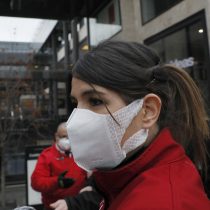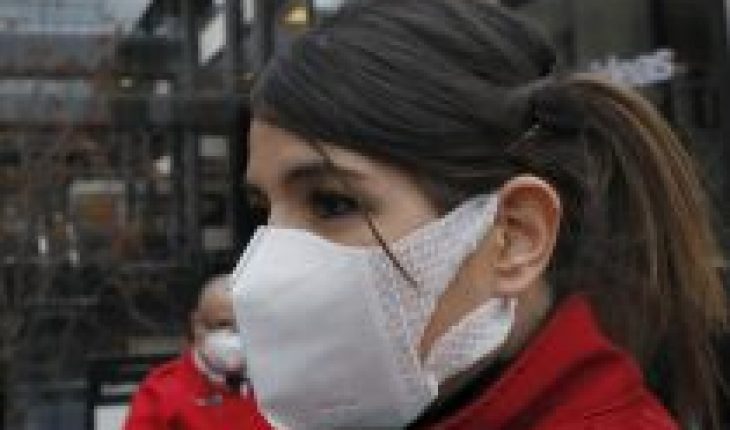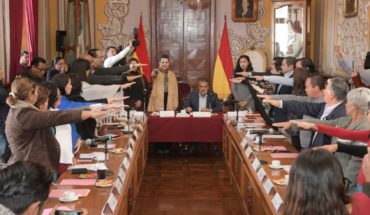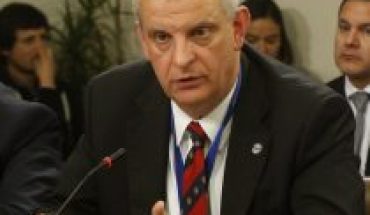
Amid the pandemic, many experts have pointed to the direct relationship between the stress, fear, uncertainty and confinement produced by Covid-19 and the increase in rates of depression and suicide. While the latter two are multifactorial, i.e. they can be produced by a diverse mix of factors, everything seems to point out that this is just one example among many of how our contemporary Western culture does not prepare us to converse with ourselves; the difficulty of coping with these levels of stress and confinement is followed by the lack of spiritual and human cultivation at the cost of surviving in the contemporary neoliberal routine of the West.
Two facts that appear to be an absolute contradiction have been bare, but which were simultaneously revealed as results of the same causes: we do not know how to talk to ourselves, to survive with our own existences, but also not to empathize politically as democratic subjects with that which does not belong to our tribe. It has been stripped that, after thousands of years of which we illusoryly believed was a transcendent evolution, human beings still cannot abandon their political ego; that what was existing outside his home not only as a physical space, but also psychological, was never really an instance of gregarious peace and social recreation, but an execution of culture of utility that in the midst of his – camouflaged – neutrality, we dreamed of turning into civic peace and democracy. But civic peace and democracy do not exist if the subject is unable to disown his ego and trade on the same table, with the same board and following the same rules of the game with others other than him. As a defense mechanism to exist in a forced relationship with otreity, we were forced to disguise that we could understand each other politically and that we knew what we wanted from our own humanity.
On the other hand, and as a consequence of these same causes (the lack of spiritual cultivation and the excess of the political ego) it is discovered before our eyes that once we have been confined to our own existences, the political has been relegated out of the home, forcing dialogue with our own humanity. This has been deeply hostile to our minds because it has forced us to enter into a direct relationship with our “I” that we had never done before in life; a dialogue away from utility, marketing and selfie lights and likes on social media.
If the human being had indeed abandoned his political ego, then surviving easily by speaking to us every day in the midst of confinement should not be as difficult as it really is. Everything would indicate that we should be able to talk to ourselves, but what do we find? Vacuum. We’ve emptied ourselves from the internal crop. This has happened because we never really had the time to fill ourselves with more than just the satisfaction of images, symbols and representations that could distract us while we lived in everyday life, just as a passenger would in the middle of a train that only hopes to reach his mortal and irretrievable destination. It was these images that we defended as beliefs in the public and political. However, they came not from anything transcendent, but from mere mirages driven by our own ego. The same one who only served as a shield to evade us and avoid all existential questions; the virus showed us the power to feel constantly at risk of death. The virus made us deadly. Although dying is always a possibility, the virus showed it as a living and latent risk. And with the spasm of death, we were made inevitable of the uncertainty of life and our reasons for existence.
The lesson we must remain is pessimistic, but quite relevant: we are beings of survival. In that, we don’t differ as generously as we thought of a monkey or a tiger. The contrast between two animals struggling to survive and two human beings understanding each other politically in the public is much more subtle than we think. We only free ourselves when all our fears have disappeared. That freedom is what we use when we say that democracy makes us free, but we ignore that in reality the everyday has made us forget that we really have more doubts than answers, and that it is the routine of utility that has saved us from encountering our “I” and the ravine of unsolving questions in front of us.
The content poured into this opinion column is the sole responsibility of its author, and does not necessarily reflect the editorial line or position of El Mostrador.





